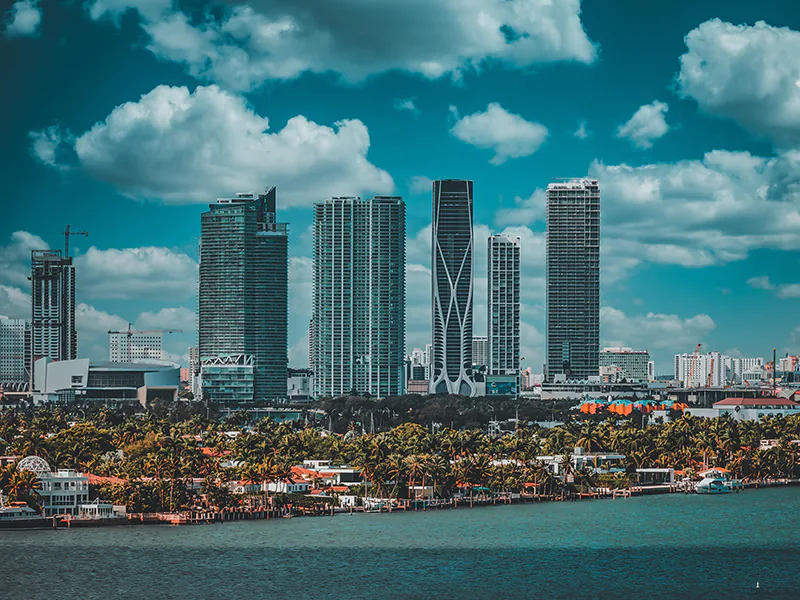
If you're worried that your or a loved one may have developed a fentanyl addiction, it may be helpful to consider these signs. At the same time, any misuse of fentanyl is extremely dangerous and comes with a risk of a fentanyl overdose which could be lethal. If you've misused fentanyl to any extent, contact a mental health professional for advice.
Finding that your thoughts are dominated by acquiring and taking fentanyl
Neglecting home and work responsibilities because of your fentanyl use
Social isolation
Losing interest in activities you previously enjoyed
Finding that you experience withdrawal symptoms when you try to stop taking fentanyl
Trying to stop or reduce fentanyl use but being unable to
It's important to note that this list of symptoms is not exhaustive. Addiction can present itself in unexpected ways and sometimes the signs are hidden, particularly if someone is ashamed about their addiction. If you or a loved one is using fentanyl, please seek professional help immediately.

Fentanyl comes with an incredibly high risk of overdose, from as little as 2 milligrams of the substance. Even if you do not consume a fatal amount which often happens accidentally , there can be serious short- and long-term effects.
Some of the short-term effects of fentanyl substance abuse include:
cardiovascular failure
respiratory difficulties
coma
nausea
confusion
delirium
If you repeatedly use fentanyl over time, the chemicals cause long-term damage to your body and your mental health. You can also quickly build a physical dependence and addiction. Long-term effects can include:
constipation
sleep-disordered breathing
fractures
hypothalamic-pituitary-adrenal dysregulation


Your fentanyl treatment experience usually begins with an inpatient detox to safely rid your body of the substance and its toxins. Drug detox opens the door to the rest of your recovery journey, leaving you healthier and with the time and energy you need to engage in treatment sessions.
Our substance abuse treatment programs combine a variety of modalities founded at the forefront of addiction science in individualized treatment plans that suit your unique needs. Our approaches involve skill learning, mind-body healing, interpersonal skills, and family interventions. Our staff is available to offer expert advice and support while taking care of your everyday needs so you can focus on treatment.
Addiction recovery is a life-long process that requires continued dedication and support. Our comprehensive aftercare programs guide you through the steps that follow.


Vita Recovery offers outpatient treatment for fentanyl addiction. The level of care you need depends on your history of drug abuse, mental health, and other aspects of your unique story. If you're unsure what option is best for you, our expert team can work with you to determine the best way forward.
Our levels of care include:
Every individual is different and requires a personalized drug treatment program, including the length of addiction treatment. Staying in treatment for an adequate length of time is crucial to effective recovery. However, you may move between levels of care as you proceed through treatment.
During medical detox, professional medics and other staff develop a personal detox plan and monitor your progress throughout the procedure, prescribing medication if necessary. There are now multiple FDA-approved medications for opioid addiction that interact with your opioid system to ease withdrawal symptoms and reduce cravings.
Living with an opioid use disorder during pregnancy can have a serious effect on the health of the baby or child. At the same time, suddenly stopping opioid use without medical care can also have adverse effects.
If you are pregnant with a fentanyl addiction, it's vital that you seek immediate medical support to determine the safest plan for you and your baby.
Vita Recovery accepts a wide range of insurance plans for fentanyl addiction treatment. We understand that liaising with your insurance provider can be complicated: we're happy to handle communications with your provider and handle the paperwork as required.
At Vita Recovery, we're passionate that financial difficulties don't come in the way of effective substance abuse treatment. Many insurance providers at least partially cover Fentanyl addiction treatment. If you need further support, give us a call and we'll see what we can do.
If you're living with a mild fentanyl use disorder, our intensive outpatient programs may be suitable for you. When you reach out to us, we'll offer an in-depth assessment of your needs to determine the level of care that's right for you.
You may be offered MAT alongside behavioral therapy and other treatments to support you through the recovery process. Opioid medications like buprenorphine or methadone interact with your opioid system, binding to the same receptors as opioid prescription drugs like fentanyl. This can block the effects of fentanyl and/or reduce cravings for the substance.
Fentanyl is a potent opioid drug up to 100 times the strength of morphine. While prescription fentanyl may be safely used to treat severe pain, illicit use of the substance is exceedingly dangerous. Dealers often mix fentanyl with other drugs to increase their potency.

